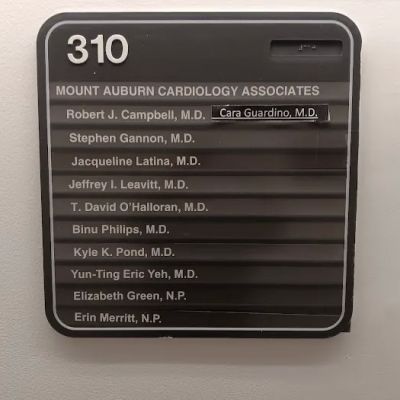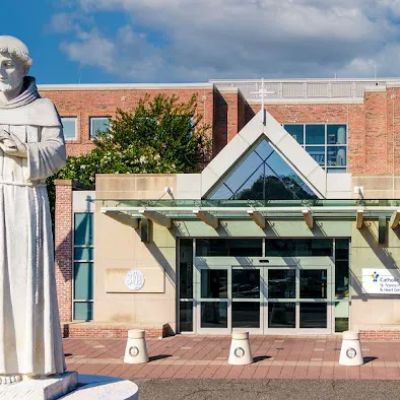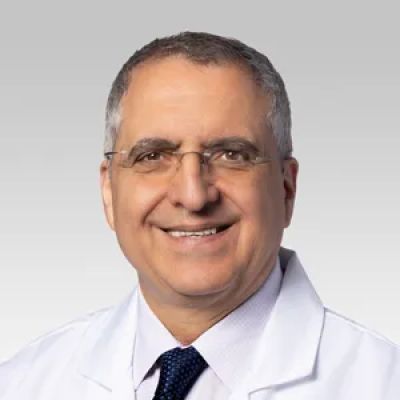- 1-Understanding-Heart-Disease
- 2-Heart-Transplant-Necessity-and-Process
- 3-Post-Transplant-Recovery-Phase
- 4-Challenges-and-Care-Strategies-in-Recovery
- 5-Patient-Stories-and-Support-Resources
1. Understanding Heart Disease: Causes and Impact
Heart disease remains a leading cause of mortality worldwide, encompassing a range of conditions affecting heart function. These include coronary artery disease, heart failure, arrhythmias, and valve problems. The underlying causes often involve atherosclerosis, hypertension, lifestyle factors such as smoking and poor diet, and genetic predispositions.
Recognizing early symptoms like chest pain, shortness of breath, or fatigue is critical for timely intervention. Treatment can vary widely, from lifestyle changes and medications to surgical procedures. In severe cases, when the heart’s function deteriorates significantly, a heart transplant may become the best option to extend and improve quality of life.

1.1 The Progressive Nature of Heart Disease
Heart disease often progresses gradually, silently damaging cardiac tissue until symptoms become severe. This progression underscores the importance of regular medical checkups and adherence to treatment plans.
Deborah Heart and Lung Center
deborah heart and lung center
200 Trenton Rd, Browns Mills, NJ 08015, USA

2. Heart Transplant Necessity and the Surgical Process
When heart disease reaches end-stage heart failure and other treatments no longer suffice, a heart transplant may be recommended. This complex surgical procedure involves replacing the diseased heart with a healthy donor heart. Candidates undergo rigorous evaluation to assess their eligibility, including physical, psychological, and social factors.
2.1 Evaluation and Listing for Transplant
Potential recipients are placed on a transplant waiting list, where the availability of compatible donor hearts depends on blood type, size, and urgency. During this period, patients receive optimized medical management to maintain their condition.
2.2 The Transplant Surgery and Immediate Recovery
The transplant surgery itself is a major operation requiring skilled cardiac surgeons and a multidisciplinary team. Post-operation, patients are closely monitored in intensive care to manage complications such as rejection, infection, or organ dysfunction.
3. The Post-Transplant Recovery Phase: What to Expect
Recovery after a heart transplant is a prolonged, multi-phase process that demands patience, resilience, and comprehensive care. Initially, hospital stays can last several weeks, focusing on stabilization and early rehabilitation.
3.1 Immunosuppressive Therapy
To prevent the body from rejecting the new heart, patients must take immunosuppressive medications lifelong. These drugs require careful dosing and regular monitoring to balance rejection risk with side effects like infections or kidney damage.
3.2 Lifestyle Adjustments and Rehabilitation
Physical rehabilitation tailored to the patient’s capacity helps restore strength and endurance. Nutritional guidance and mental health support are equally vital components, as the emotional impact of transplant surgery can be profound.
4. Challenges and Care Strategies in Heart Transplant Recovery
While heart transplant offers a new lease on life, it comes with challenges that require ongoing management:
4.1 Managing Rejection and Infection Risks
Regular biopsies and cardiac imaging assess for signs of rejection. Prompt identification and treatment are crucial to prevent permanent damage. Similarly, the immune suppression increases susceptibility to infections, making vigilance and preventative care essential.
4.2 Psychological and Social Support
The psychological toll of heart disease and transplant recovery can lead to anxiety or depression. Support groups, counseling, and family involvement enhance emotional well-being and improve adherence to medical regimens.
4.3 Continuous Medical Follow-Up
Frequent follow-up appointments monitor heart function, medication levels, and overall health. Developing a trusted relationship with healthcare providers is key to long-term success.
5. Patient Stories and Resources from HeartCare Hub
Consider James, a 55-year-old who battled advanced heart failure for years. After his successful heart transplant, James faced a tough recovery with setbacks including mild rejection episodes. With the comprehensive resources and support from HeartCare Hub—ranging from medication management aids to nutritional counseling—he regained strength and a hopeful outlook on life.
James’s story reflects the transformative power of perseverance combined with expert care. For those navigating heart disease or transplant recovery, HeartCare Hub provides access to trusted products, services, and community support designed to optimize health outcomes and quality of life.





















Hoag Urgent Care Irvine - Sand Canyon
hoag urgent care
16205 Sand Canyon Ave Suite 100, Irvine, CA 92618, USA